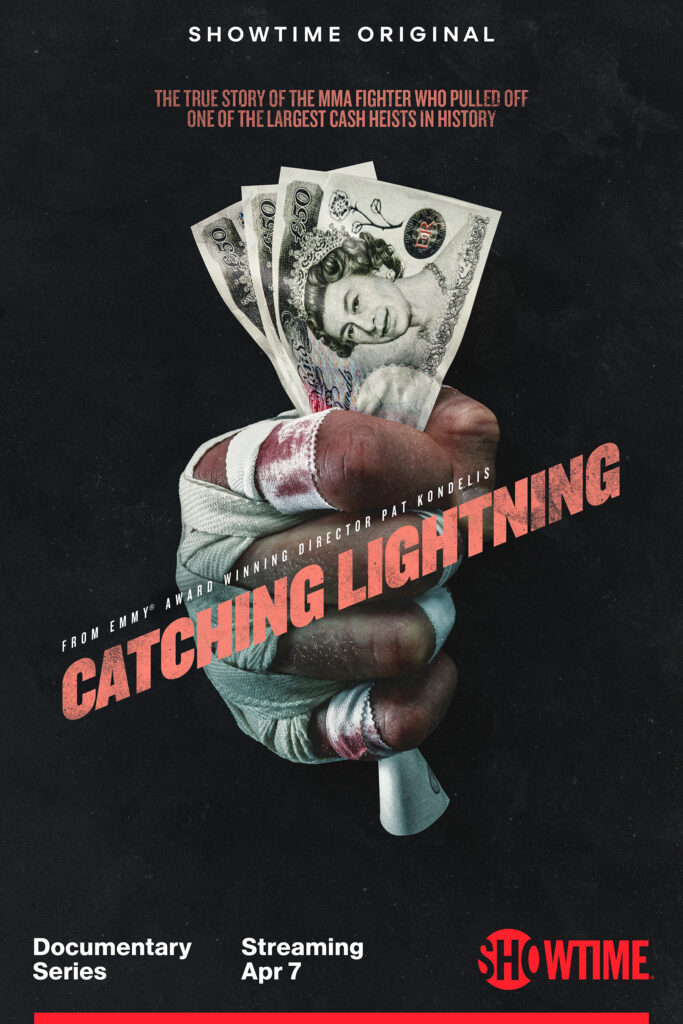All singing, all dancing, all miners and Mormons, it’s been an inspired (and inspiring) two days of theater. You wouldn’t think these two shows have much in common but Billy Elliot and The Book of Mormon turn out to be brothers in arms.  Billy, a holdover from last season, is based on the uplifting film of the same name, with wan music by Elton John and a tepid book by screenwriter Lee Hall. Set in Northern England coal country, against the backdrop of Margaret Thatcher’s union busting, it’s ostensibly about a young boy who discovers a love and talent for dance in the unlikeliest of settings. More than that, however, it’s a play about self-discovery and self-acceptance. Nobody wants Billy to be a poofta dancer; they’ve got more pressing things on their minds: the men are on strike, the mine is threatened with closure, a small town way of life is about to disappear. Yet the local dance teacher, Mrs. Wilkinson, sees something special in Billy and takes him under her wing: a surrogate mom to a motherless boy with an absent father. By turns nurturing and provoking the burgeoning artist within the child, she secures him a chance to audition for the Royal Ballet School – only to have Billy’s father and brother put the kibosh on the plan at the last minute. Yet as all good fairy tales play out, authority bends in the face of truth: dancing could be a way out of this dead-end town. Art could be Billy’s salvation, not his stigma. When the striking miners take up a collection to send Billy to his audition in London, it’s hard not to be moved. (That it’s a scene stolen right out of It’s A Wonderful Life doesn’t diminish it’s impact one iota.) Whether or not Billy “makes it†is immaterial. By the end of act two he’s the most self-actualized twelve year old artist you’ll ever meet – that’s what I found so redemptive. But don’t worry, Billy makes it in the conventional sense, too, and a rousing finale is enjoyed by all. Despite the manipulative script and less than stellar score even this old salt had to suppress the urge to clamber from his seat and shout, “Dance, Billy; dance.†Around the corner at the Eugene O’Neill Theater I had to suppress a thoroughly different kind of urge: the convulsive laughter which had so wracked my body that it left me perilously close to wetting myself in public. I can say that with a straight face because I know I wasn’t the only one with tightly crossed legs, praying for intermission. That’s because The Book of Mormon is flat out the foulest, most offensively funny musical to ever grace a Broadway stage. Despite the plethora of expletives, it’s also one of the smartest. But you’d expect that from the South Park guys, Trey Parker and Matt Stone, who have churned out their envelope-pushing animated series for an unbelievable fifteen years now. (Their partner in crime, Robert Lopez, is one of the creators of Avenue Q – a musical where it’s puppets that are called upon to say and do the unspeakable things) After two musical adventures in film, Broadway seemed to be their destiny. I, for one, am glad they made the pit-stop:  Mormon might appear to be one shocking vulgarity after another, but it’s a story of self-discovery that’s about as old fashioned as it gets. Surprise, there’s a great big heart hiding behind that four-letter-word – whether the blue hairs can see it without their glasses remains to be seen. Regardless, Mormon is a side-splitting equal opportunity offender that follows the journey of two mismatched Mormon Elders to an AIDS -ravaged village in Uganda, where they’re expected to spread the gospel of Joseph Smith and convert the locals to the Church of Latter Day Saints. On arrival they’re robbed at machine gun-point by the local warlord, General Butt Fucking Naked. Soon after they’re taken in by the smiling, dancing villagers who seem to sing no matter their misery. AIDS, poverty, hunger, maggot infested testicles, no matter; they sing Hasa diga eebowai! with faces smiling towards heaven. And what is this beautiful song that sounds surprising like Hakuna Matata? As the tribal chief explains, Hasa diga translates as Fuck You and eebowai means God: “so I guess it means Fuck you, God.†Dancing with middle fingers flicked up to greet the Almighty, this is a 21st century version of Tradition that’s so in your face blasphemous – while being entirely truthful to the reality of the individual predicament – that it causes one’s jaw to hit the floor. The sharp knives are out and nobody is safe. If the authors have a target, it’s not exclusively Mormons – though anyone with even a passing reference to the founding and teachings of the LDS church knows that satire is redundant in the face of their official story – it’s all of organized religion. And consumer culture, too. Anything that impedes individuals from discovering their true selves is fair game. That a musical achieves this in an all-singing, all-dancing, good-time jamboree is some kind of twisted triumph. (I want to let you in every inspired sick joke, each obscene lyric and unmentionable funny action. Yet I don’t want to spoil the special joy that comes from finding yourself howling at a line like “I’m going to go rape a baby.â€) It’s true, I almost wet my pants during the first act of Mormon. At the end I did something equally unexpected and heretofore unknown: I went online and bought tickets to see it again.









